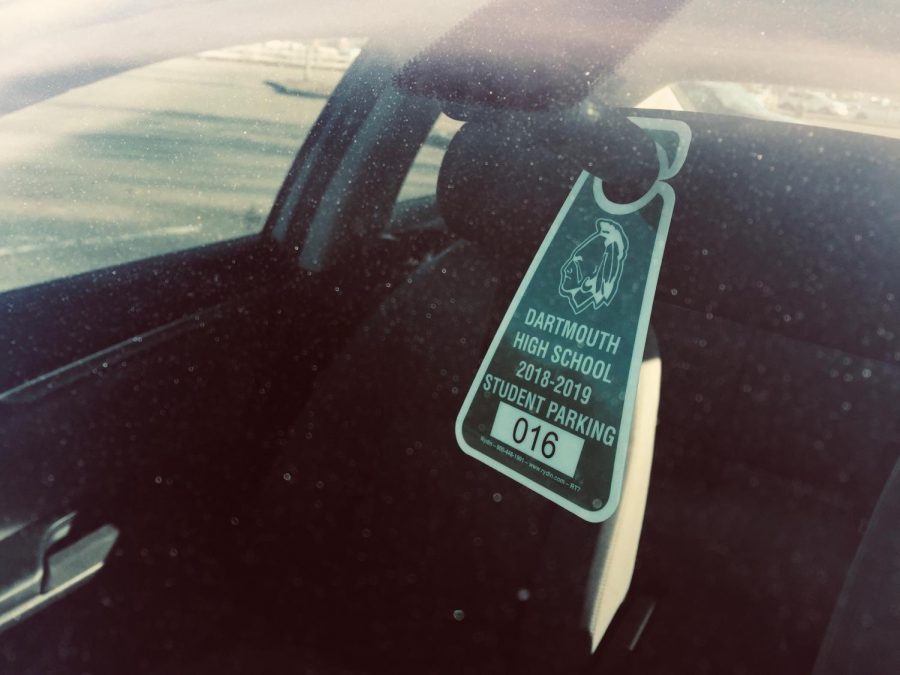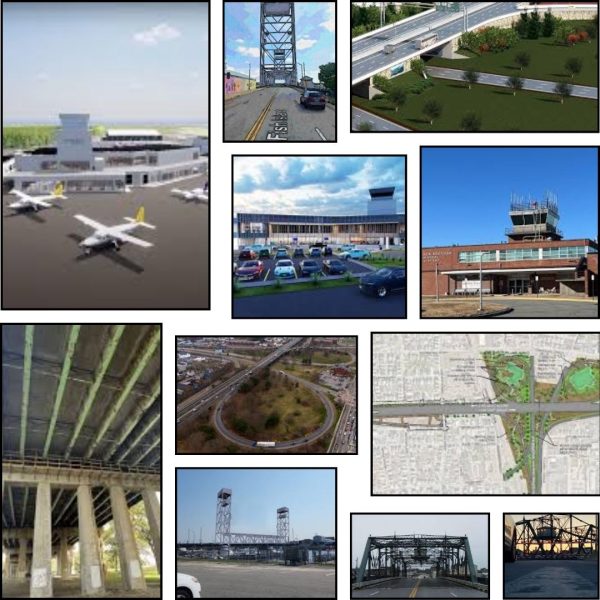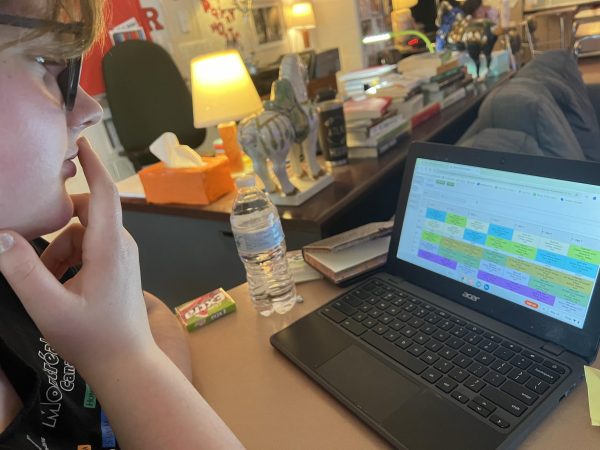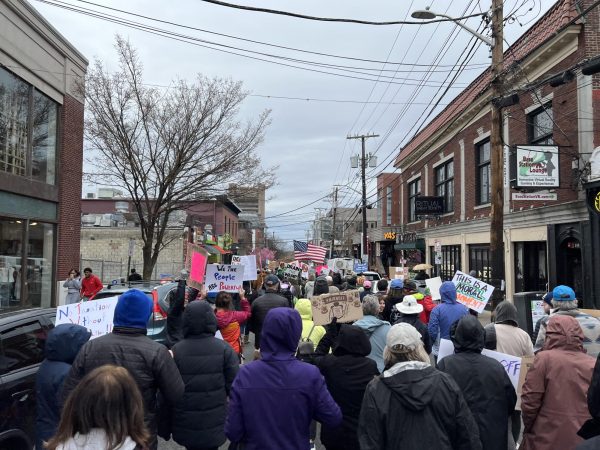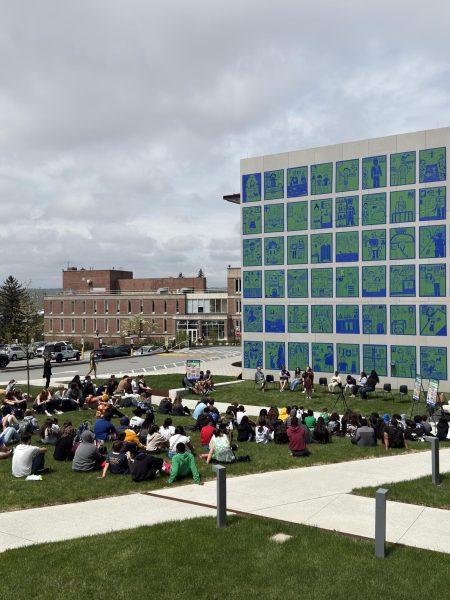Staying between the lines in the DHS student parking lot
You’ll need one of these to park legally at DHS.
Being able to drive to school is a hallmark of maturity. Students take agonizingly long driver’s ed classes, study fines and punishments, and not to mention, parade around town in an ancient station wagon with “Student Driver” written on every square inch of the vehicle. At the end of the tenuous process, it feels good to wield the piece of plastic that allows you to drive yourself everywhere (given that it’s before curfew).
However, there’s another piece of plastic you need to acquire before you can park your car at DHS: the parking pass.
At the beginning of the semester, parking passes go for $60 per pass. As the semester goes on, the price decreases incrementally, depending on how late you purchase one.
The majority of students who drive to school are seniors. When asked about the subject of parking passes, it seemed that everyone’s opinions seemed to hold a common theme.
“I think they’re a little too expensive. I work, but a lot of students don’t,” said senior Owen Guilbeault. “It’s a public school, it should be free.”
Senior Alyssa Mello doesn’t see the point in having parking passes at all. “It’s not like you need to hold a spot, because there’s always a spot,” said Mello.
“I think they are a little too expensive, especially on top of gas prices. I would like to know what that money is going towards,” said senior Max Boyle.
According to Principal Ross Thibault, “The $60 paid for parking passes goes directly to parking expenditures, in compliance with Massachusetts state law.”
James Kiely, Assistant of Superintendent of Finance and Operations, provided the data from the most recent parking budget.
Over the past four years, DHS has accrued $13,384.06 from parking passes alone. $9,869.15 of that money was spent for parking lot maintenance, taking care of the lights, and other parking-related expenditures. The remaining approximate $4,000 isn’t profit, but rather put in a fund for parking emergencies.
A “parking emergency” seems like an oxymoron, but can actually be quite serious. The most common parking emergency that the administration has had to deal with is snow.
The leftover parking pass money goes towards ploughing, salting, and sometimes, repairing roads damaged by snow and ice. Each year, the money is saved, just in case a year full of blizzards is in the near future.
This winter season is expected to be full of parking emergencies, especially with the upcoming polar vortex in the coming days.

